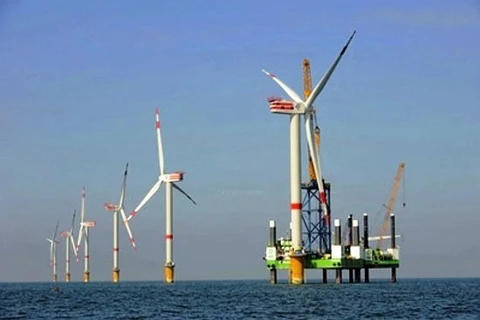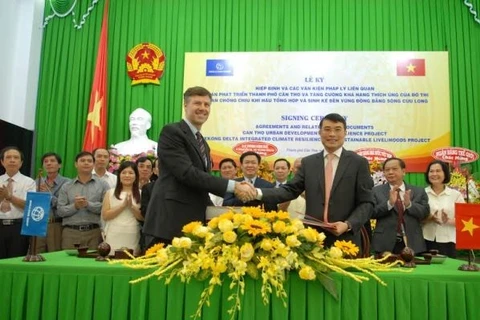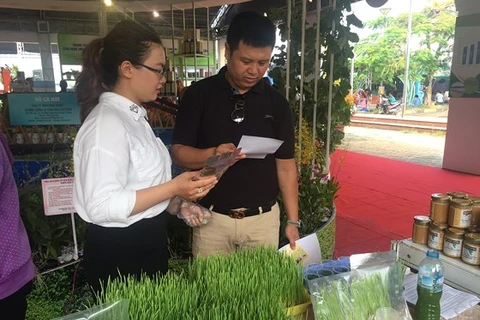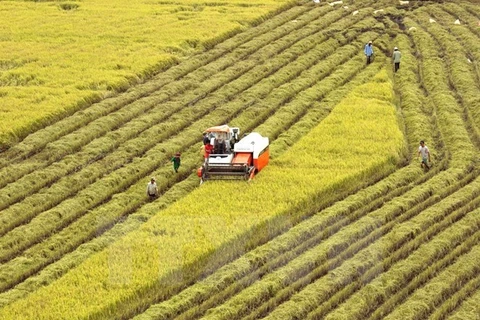An Giang (VNA) – As State funding is insufficient, it is necessary to mobilise other resources, especially from the international community, businesses and non-governmental organisations, to help the Mekong Delta cope with climate change.
Secretary General and Vice Chairman of the Vietnam Union of Friendship Organisations (VUFO) Don Tuan Phong made the statement at a conference in An Giang province on November 28.
He said the Mekong Delta is one of the most vulnerable regions to climate change’s impacts in Vietnam, facing issues like erosion, mangrove degradation and subsidence.
Therefore, the mobilisation of financial resources is a key task for the region to adapt to climate change, he added.
Deputy Director of the Department of Meteorology, Hydrology and Climate Change under the Ministry of Natural Resources and Environment Pham Van Tan suggested building a plan for the Delta to ensure sustainable, safe development and prosperity by the year 2100.
He recommended developing high-quality agricultural products, ecological tourism, and the processing industry while increasing the value and competitiveness of agri-products.
Infrastructure needs to be improved in response to climate change, he added.
Associate Professor, PhD. Le Anh Tuan, from the Can Tho University said the Mekong Delta province of Tra Vinh has built community-based capacity to tackle climate change.
He advised expanding effective cultivation models.
Ta Viet Anh, Board Chair of the Aid for Social Protection Programme Foundation Vietnam (AFV), hoped the AFV projects on improving living standards for people, especially women, in climate change affected areas in the Mekong Delta will contribute to building community-based natural disaster prevention and mitigation plans.
Nearly 200 delegates including representatives from ministries and departments of 13 cities and provinces in the delta along with international organisations, non-governmental organisations, businesses and social institutions attended the conference.-VNA
VNA
























